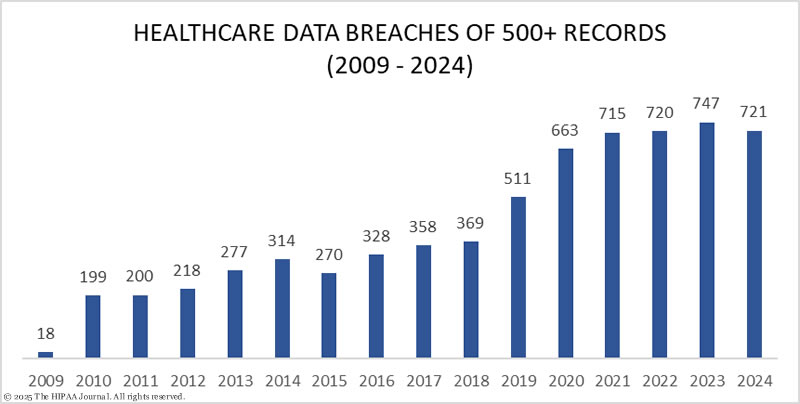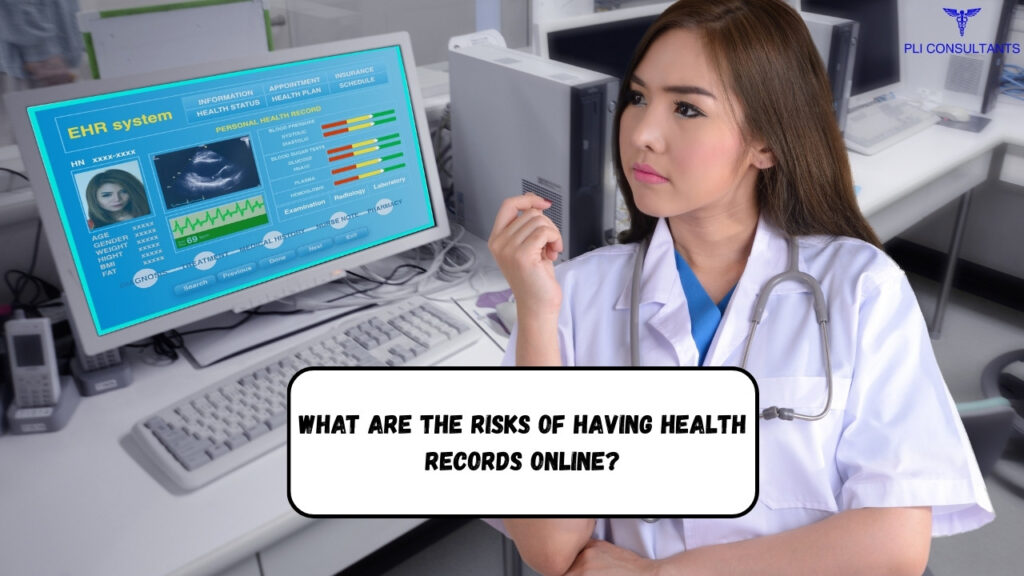In today’s digital age, the convenience of storing online health records is undeniable. With just a few clicks, you can access your medical history, schedule appointments, or manage prescriptions—all from virtually anywhere. Yet this ease of use raises a critical question: How secure is your sensitive health data in the cloud? As more individuals embrace digital platforms for healthcare management, understanding the potential risks becomes essential.
Threats like data breaches, unauthorized access, and privacy vulnerabilities underscore the importance of safeguarding personal health information. Protecting these details isn’t just a precaution—it’s a necessity in our interconnected world. By staying informed about security practices and making thoughtful decisions about where and how your data is stored, you can better shield your information from evolving risks. Prioritize both convenience and caution to ensure your private health records remain secure in an increasingly digital landscape.
Cybersecurity Threats & Data Breaches
One of the biggest challenges in storing online health records is cybersecurity threats. Healthcare data contains sensitive personal details such as names, dates of birth, medical conditions, and even financial information. Because of this, hackers often target it.

Cybercriminals exploit system vulnerabilities to illegally access electronic health records through ransomware attacks and phishing attempts. This can leave patients vulnerable to financial fraud, identity theft, and even medical identity theft, where criminals misuse online medical records to obtain unauthorized medical treatments.
Unauthorized Access & Privacy Concerns
Unrestricted access to files can lead to significant privacy and security risks. When it comes to electronic health records, some risks include shared logins, weak passwords, and possible insider threats. If unauthorized individuals gain access to medical records, patients may face privacy breaches and potential misuse of their health information.
To protect themselves from these threats, individuals should enable two-factor authentication, use strong passwords, and regularly monitor their online medical records.
Data Loss & System Failures
While traditional paper records could be lost due to fires or misplacement, digital health records online are not immune to data loss either. Cyberattacks, technical failures, and cloud storage issues can lead to the loss or inaccessibility of patient data.
When this happens, treatments may be delayed, misdiagnoses can occur, and critical information might be permanently lost if backups are not maintained. Healthcare providers must implement secure, HIPAA-compliant cloud storage solutions and maintain offline copies of essential medical records to minimize these risks.
Accuracy Issues & Medical Errors
Errors in electronic health records can pose serious risks to patients. Outdated information can lead to misdiagnoses, incorrect treatments, or dangerous medication errors. These inaccuracies are a result of mistakes made by humans, software errors, inconsistent updates from different healthcare staff, and the many changes implemented by different healthcare providers.
For example, if a patient’s online health record incorrectly lists a common antibiotic as an allergy, they may be denied the medication, potentially delaying recovery. Patients are encouraged to check their medical health records regularly for errors and inform their doctor or healthcare provider immediately to prevent these errors.

Implementation and Maintenance Requirements
The initial capital investments of an electronic health record (EHR) system are high and involve implementation processes that can create temporary operational bottlenecks. Transitioning from paper records to a digital system requires careful planning, as staff must be trained on how to use the system effectively.
Moreover, ongoing system maintenance is crucial, including regular software updates, security patches, and HIPAA compliance. Other challenges include internet connectivity—if the system is entirely cloud-based, accessing health records online during an outage may pose difficulties.
Adequate facilities for rapid-response technical support in case of system failures or cybersecurity threats must be in place. Without proper maintenance and troubleshooting mechanisms, an EHR system could create more problems than solutions, making it essential to strengthen proactive IT support frameworks.
Compliance & Legal Risks
Healthcare providers have legal obligations to safeguard patients’ online health data. Each region has unique cybersecurity requirements regarding patient confidentiality. In the U.S., HIPAA governs electronic health records, while in Europe, GDPR sets the regulations.
Non-compliance can result in legal penalties, loss of patient trust, and significant fines or lawsuits. Patients should ensure that their healthcare provider follows these regulations and requests information about their data security policies before accessing health records online.
Phishing Scams & Fraudulent Activities
Cybercriminals use phishing scams to trick people into revealing sensitive information, often by imitating legitimate healthcare portals. Healthcare fraud can occur in the form of illegitimate emails, phishing websites, and scam calls made to claim an official stream where patients are required to provide sensitive information such as usernames and passwords.
To avoid falling victim to scams, always verify that healthcare portals are legitimate, ensure the website uses HTTPS before entering any details, and never share sensitive information over calls or emails.

Mitigating the Risks of Electronic Health Records
Even if there are risks, there are ways to keep your health records safe while using the internet:
Best Practices for Patients
- Use strong, unique passwords and update them regularly.
- Enable multi-factor authentication for added security.
- Review and update electronic health records for accuracy.
- Access health records only through official websites.
Best Practices for Healthcare Providers
- Implement end-to-end encryption for data protection.
- Educate staff on cybersecurity best practices.
- Maintain secure, HIPAA-compliant backups of patient data.
Future Trends in Health Record Management
As technology continues to advance, managing health records in the future will improve in security and access. One promising trend is the increasing use of blockchain technology for the storage and sharing of health records. Blockchain is a decentralized system used to register and authenticate transactions on a secure, immutable ledger. Healthcare providers will be able to safeguard the accuracy and privacy of health records, reduce the risks of information breaches, and further allow patients to control their data without compromising confidentiality.
By 2025, the healthcare blockchain market is expected to reach $5.61 billion
AI and ML technologies are rapidly transforming health record management. These systems can analyze large datasets, detect patterns and anomalies, and identify potential security threats. These technologies will assist care providers in mitigating risks and improving security. Additionally, AI tools can relieve healthcare practitioners of redundant tasks such as coding and billing, allowing more time for direct patient care.
Another emerging trend is the adoption of interoperable health record systems. Interoperability refers to the ability of different health record systems to communicate and exchange information seamlessly.
Advantages of interoperable systems include improved coordination of care, reduced administrative costs, and enhanced patient outcomes. Projects such as FHIR (Fast Healthcare Interoperability Resources) set standards for the secure transmission of health information among various systems, providers, and stakeholders. On the other hand, patients will receive more consolidated and cohesive healthcare services as systems’ interoperability improves.
While the ability to access health records online offers convenience, it also comes with potential dangers. Cybersecurity threats, unauthorized access, data loss, and privacy concerns are real risks associated with electronic health records. By understanding these risks and taking preventive measures, both patients and healthcare providers can ensure the safe and secure handling of medical health records online.









